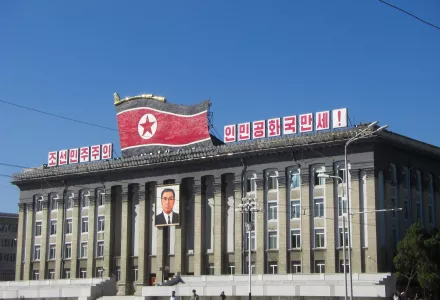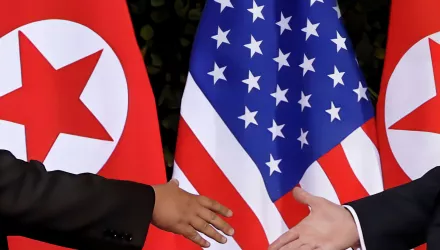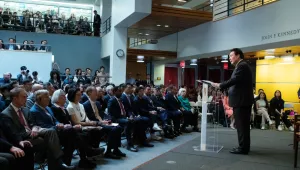Christopher Lawrence suggests that the history of U.S. engagement with North Korea offers important lessons that could help reframe the diplomatic impasse today. In the 1994 Agreed Framework, North Korea agreed to dismantle its plutonium-production complex in exchange for Western light water reactors (LWRs), and the promise of political normalization with the United States. As construction of the LWRs fell behind, however, North Korea embarked on a secret uranium enrichment program. Today, we look back at the LWRs as the “carrot” of the Agreed Framework —“we offered the carrot, and they cheated anyway.” But when we consider the unique technical attributes of LWRs, and how their construction was planned to be situated within a diplomatic track to normalization, they appear to function more as a way to signal commitment than as a carrot to bribe the regime. In this light, chronic construction delays and the offset of LWR costs to U.S. allies can be interpreted as signals about America’s lack of commitment to normalization with North Korea. This conceptual shift—from carrots and sticks to signaling and credibility—offers important insights into past diplomatic failures, and could help reconcile the competing visions of engagement with North Korea today.



